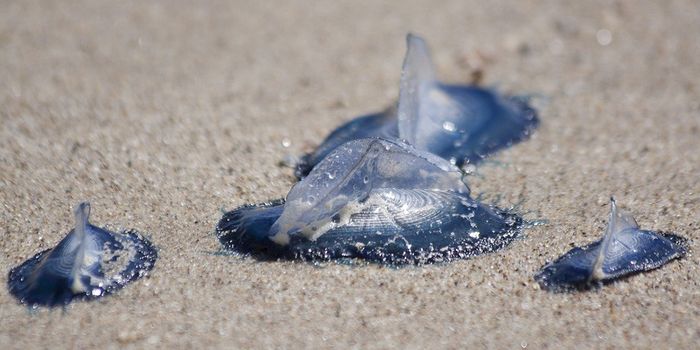What Happens When Scientists "Lose" a Satellite?
When we send probes and other spacecraft into space for the sake of space exploration, we have a hefty responsibility of keeping track of them so that we know exactly where they are at all times. This is important for the sake of maintaining a solid line of communication with them.
Unfortunately, there are instances from where we lose contact with our probes and satellites, and they simply drift away in silence. This is ultimately what we call a "lost" satellite, because it happens to disappear from our tracking systems and we lose track of it until the unlikely event that we're able to re-establish communications again.
During the span of time a satellite is lost, it can drift just about anywhere. Scientists are pretty good at calculating their movements manually, but the process isn't perfect, leaving a lot of guesswork at times. Sometimes it leaves us with inaccurate figures, which is the worst nightmare for finding a lost satellite.
Satellites have been lost before and it's not uncommon. Sometimes satellites have trouble getting the power they need to relay a signal back to us, in other circumstances, they can become struck by other objects or software glitches can prevent satellites from talking to us. There are other scenarios as well, but some situations are worse than others.
In some circumstances, it's possible to "find" a lost satellite. NASA has accomplished it before and will likely continue to do it, but it's not easy. Space is vast, and when something becomes lost, it is often a daunting task to even know where to begin. Luckily, no one knows space physics quite like NASA.








